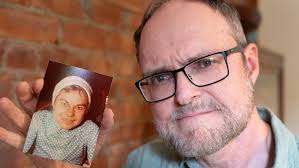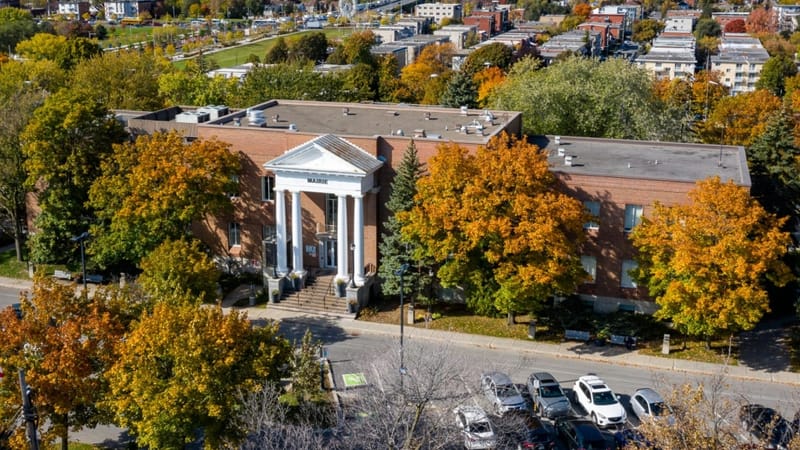McGill, Ottawa seek to dismiss Montreal brainwashing experiment lawsuit
Landry was born after his mother’s 1959 stay in the hospital, and had to be raised by a foster family because she couldn’t care for him.

Family members of patients allegedly subjected to brainwashing at a Montreal psychiatric hospital decades ago fear time is running out to secure compensation, as the federal government and McGill University have moved to dismiss their lawsuit.
Glenn Landry’s mother, Catherine Elizabeth Harter, was one of the hundreds treated under the MK-ULTRA program, funded by the Canadian government and the CIA between the 1940s and 1960s at Montreal’s Allan Memorial Institute, affiliated with McGill University. Landry, born after his mother’s 1959 stay at the hospital, was raised by a foster family because she was unable to care for him.
Although Landry acknowledges his mother’s early life traumas contributed to her mental health challenges, he believes the experimental treatments she received, including shock therapy and drug treatments under Dr. Donald Ewen Cameron, deprived him of a meaningful relationship with her. He recalled, “She was no longer the person she would have been... There was nothing about herself as a person that I can glean.”
Landry is one of about 60 families suing the Canadian government, McGill University Health Centre, and the Royal Victoria Hospital over the MK-ULTRA experiments. The lawsuit claims that family members were subjected to psychiatric experimentation involving powerful drugs, repeated audio messages, induced comas, and shock treatments that, in some cases, left patients in a childlike state.
Alan Stein, the lawyer representing the plaintiffs, had hoped for negotiations around compensation for the elderly victims but was met with motions from the government and hospitals last week seeking to dismiss the lawsuit. They argue the case is legally unfounded and constitutes an abuse of process.
The government and hospitals claim the lawsuit is prescribed, meaning it should have been filed years ago when the facts first came to light. One motion stated that the case aims to "re-litigate" issues that Quebec courts settled over two decades ago. In response, a spokesperson for Canada’s Department of Justice acknowledged the suffering caused but maintained that the claims lack legal merit, citing a 1986 report that found the government was not legally responsible for the treatments.
Stein called the dismissal motion a delay tactic, saying, “They feel that my clients will lose confidence and won’t continue.” He argued his clients have the right to sue since they were unaware they had that option earlier. He also noted that while some victims were compensated in the 1990s, most family members were not.
The lawsuit seeks close to $1 million per family for what Stein describes as a "total miscarriage of justice." Landry, comparing the victims' experiences to the internment of Japanese Canadians during World War II, emphasized that families also want an apology.
Stein’s lawsuit, filed as a direct action rather than a class action, is separate from another group’s class-action lawsuit, which was rejected in part due to an unsuccessful attempt to include the U.S. government as a defendant. Stein fears that a dismissal of his case could hinder the other legal effort.
One of the two named plaintiffs in Stein’s lawsuit, Marilyn Rappaport, has already withdrawn. She explained that after her husband’s death and ongoing responsibility for her siblings, who were also victims of the experiments, the emotional toll of revisiting her traumatic past was too much. Rappaport described her sister Evelyn’s decades-long institutionalization, calling her condition a “living death,” with her memory now “totally gone.”
Though no longer part of the lawsuit, Rappaport remains hopeful for a positive outcome, expressing frustration over the government’s continued resistance. “I cannot understand why it’s taking so long,” she said.





